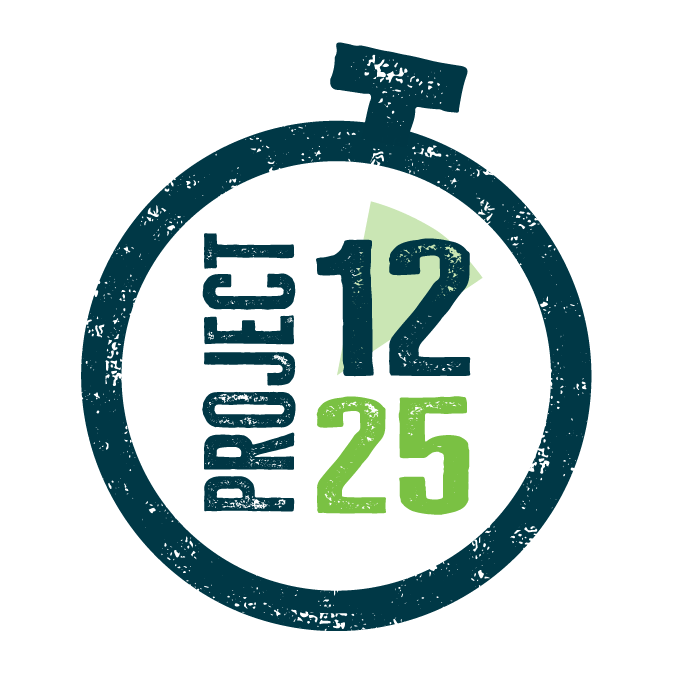Just over a week into the winter air quality monitoring period, air pollution is already causing concern, with Invercargill recording its first exceedance of the National Environmental Standards for Air Quality target.
On Wednesday (9 May 2018), the Pomona Street monitoring site recorded a 24-hour average PM10 concentration of 53 micrograms/m3, just over the standards’ threshold of 50 micrograms/m3.
Environment Southland air quality scientist Owen West said it was disappointing to have an exceedance so early into the monitoring season and although it wasn’t an extremely high recording, every bit makes a difference to people’s health.
“With readings above the threshold or even just below, the smell of smoke can be really obvious and also quite visible. For many people, this makes the simple task of breathing more difficult, especially for those who are more susceptible to health complications, such as children, the elderly and people with respiratory conditions.”
Domestic heating is the largest contributor to poor air quality in Invercargill, and this is also where people can make the biggest difference to help improve our air.
“We know that having warm, healthy homes has a huge impact on people’s health and their quality of life, and we want to assist everybody to get the best from their heating.”
For those using wood burners, burning dry wood is the most efficient way to get the best heat, while also reducing the smoke coming from the chimney.
“Burning wet wood is both a waste of money and produces a large volume of smoke. If people take the time to go outside and check how much smoke is coming out of their chimney, it’s a good start in helping them learn how they can optimise their fire to burn more efficiently.
“Keeping the fire burning hot and bright, not banking your fire overnight, and ensuring the chimney is swept and the burner maintained will all help reduce the volume of smoke.”
Environment Southland monitors air quality and reports on the results during winter. The built-up urban areas of Invercargill City and the Gore township are gazetted airsheds because they regularly exceed the national standards during winter.
The Regional Air Plan includes rules to help improve air quality. Open fires are now prohibited in the Invercargill and Gore airsheds, and non-compliant burners will be progressively phased out from 2019. Help is available for people within the Invercargill and Gore airsheds through the Clean Air Loans scheme to help them move to cleaner forms of heating.
Environment Southland also operates a Good Wood approved suppliers scheme which firewood retailers voluntarily agree to be part of.
For further information on the Clean Air Loans scheme, Good Wood suppliers and what else you can do to improve air quality, visit www.BreatheEasySouthland.co.nz.

